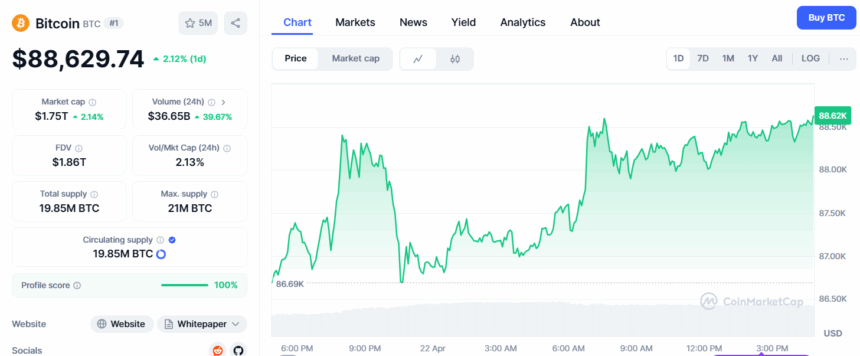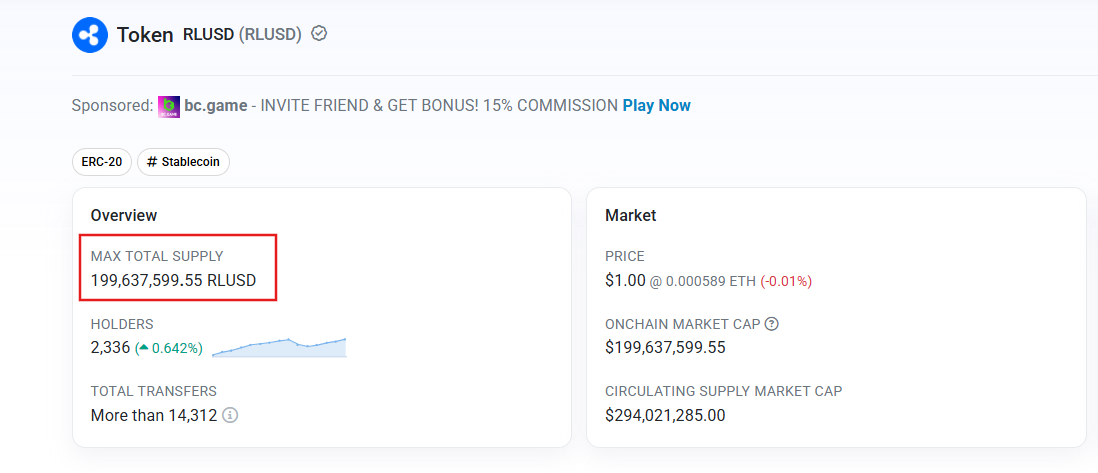Kalshi sues Nevada, New Jersey gaming boards after receiving orders to cease sports contracts
Quick Take Kalshi has recently received cease and desist notices from gaming regulators in Nevada and New Jersey that seek to stop the prediction marketplace from offering contracts related to sports events and argue only state-licensed organizations can offer sports gambling. Kalshi sued the agencies in response, arguing that as a CFTC-regulated exchange, it is exclusively regulated by the federal government, and the Commodity Exchange Act preempts state law.

Prediction marketplace Kalshi has sued gaming regulators in Nevada and New Jersey after receiving cease-and-desist orders prohibiting it from offering sports-related contracts in those states.
Kalshi received a letter from Nevada's Gaming Control Board (GCB) on March 4 with orders to cease and desist offering events-based contracts in the state. "Kalshi is in the business of offering event-based contracts which constitute a system or method of wagering on sporting events and other events. Therefore, by offering event-based contracts in Nevada, Kalshi is operating as an unlicensed sports pool in violation of NRS 463.160(1)(a) and NRS 463.245(2)," the letter states.
Kalshi received a similar notice from the New Jersey Division of Gaming Enforcement (DGE) on March 27, ordering the marketplace to cease offering sports-related contracts. Kalshi's activity "...constitutes a violation of the New Jersey Sports Wagering Act, which only permits licensed entities to offer sports wagering to patrons located in New Jersey," the letter states.
In response to the notices, Kalshi filed suit against the gaming regulators, arguing that as a federally-regulated commodities exchange, the Commodity Exchange Act supersedes the authority of the states to regulate the sports- and events-based contracts. "New Jersey’s attempt to regulate Kalshi intrudes upon the federal regulatory framework that Congress established for regulating futures derivatives on designated exchanges," the New Jersey-based lawsuit states, echoing the language of the Nevada lawsuit . "New Jersey law is both field-preempted and conflict-preempted."
"The threatened actions in Nevada and New Jersey seek to undermine not just Kalshi’s contracts, but the authority granted by Congress to the Commodity Futures Trading Commission, which has safely and effectively governed commodities markets for decades," Kalshi CEO Tarek Mansour said in a statement. The Nevada GCB and New Jersey DGE did not immediately respond to a request for comment.
The core of the dispute revolves around whether trading on event- or sports-based contracts constitutes gambling, subject to state control, or financial derivatives trading, regulated exclusively by federal authorities.
Nevada’s GCB argues in part that Kalshi’s contracts amount to gambling because the payouts depend solely on the outcome of external events, rather than actions taken by contract participants. "The payouts for picking the winner of a sporting event or an election are not based on the actions of the person entering the 'contract' with Kalshi," the board stated.
New Jersey's letter cites a state constitution provision which says "...wagering shall not be permitted on a college sport or athletic event that takes place in New Jersey or on a sport or athletic event in which any New Jersey college team participates regardless of where the event takes place."
Sports betting regulation traditionally comes under the purview of states; Kalshi admits, in its lawsuit, that "[the regulators'] actions would subject Kalshi to the patchwork of state regulation that Congress created the CFTC to prevent."
However, Kalshi argues in its lawsuits that its platform "...offers consumers the chance to invest in many types of event contracts, including, as relevant here, political-outcome contracts and sports-outcome contracts. These contracts are subject to extensive oversight by the CFTC, and—critically—they are lawful under federal law." (Emphasis in original.)
Kalshi maintains that prediction markets represent an important financial innovation rather than gambling. "Prediction markets are a critical innovation of the 21st century, and like all innovations, they are initially misunderstood. We are proud to be the company that has pioneered this technology and stand ready to defend it once again in a court of law," said Mansour. "We have been targeted before, we have fought before, and we have won before. This time will be no different."
Disclaimer: The content of this article solely reflects the author's opinion and does not represent the platform in any capacity. This article is not intended to serve as a reference for making investment decisions.
You may also like
Crypto Price Today (April 22, 2025): Bitcoin Eyes $90k, XRP & SOL Lag while LEO Token Drops 6%

Nearly 70% Supply of Ripple’s RLUSD Stablecoin is on Ethereum

Bitcoin MACD Bullish Crossover Confirmed, Analyst Expects Significant Wave Up for BTC Price

XRP Network Activity Jumped by 67.50% as Bull Signals Suggest a Bullish Wave Leading to a Pump of Over 3.84X

